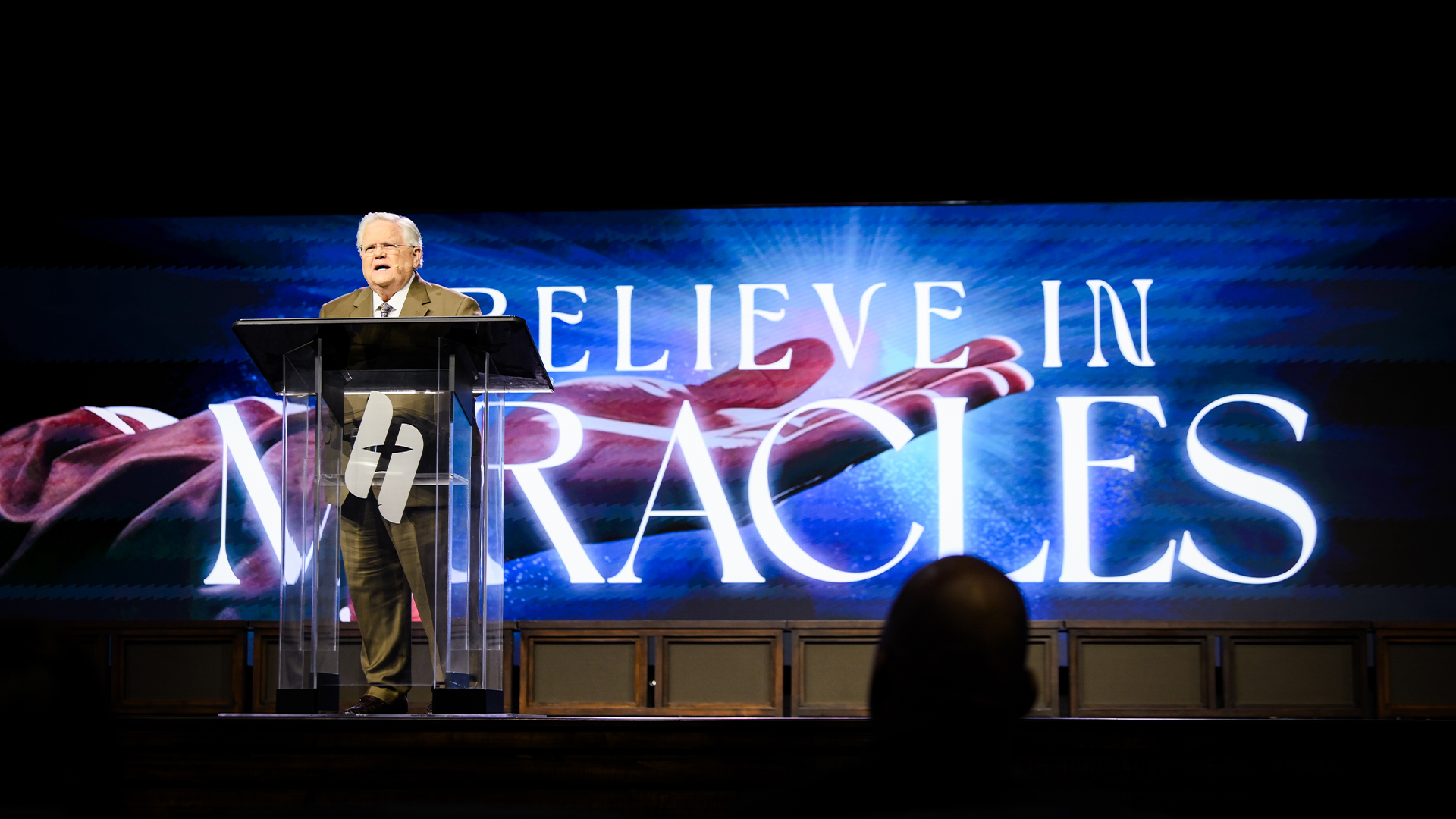Throughout the annals of human history, the concept of miracles has sparked a plethora of debates and interpretations across diverse faith traditions. The Bahá’í Faith, a relatively young religious movement founded in the 19th century, offers a profound perspective on this intriguing subject. Within Bahá’í teachings, the notion of miracles is intricately interwoven with the understanding of divine influence, human perception, and the nature of reality itself. This article endeavors to elucidate the Bahá’í stance on miracles and articulate the nuanced dimensions that underpin this belief.
To embark on this exploration, it is paramount to discern what is meant by ‘miracles’ within the Bahá’í framework. Traditionally, a miracle is perceived as an extraordinary event that transcends the laws of nature, often attributed to divine intervention. However, Bahá’í teachings elevate this notion, suggesting that miracles should not only be confined to atypical occurrences but should also encompass the transformative power of faith. . In this way, the term ‘miracle’ expands to signify the profound internal changes that occur within individuals as a result of divine guidance and inspiration.
One of the cardinal tenets of the Bahá’í Faith is the belief in the continuity of divine revelation. This tenet suggests that the messages from the divine, revealed through various prophets across history, serve not merely as guidelines but as instruments of profound transformation. The Bahá’í perspective considers the actions and teachings of these prophets—including Jesus Christ, Muhammad, and Bahá’u’lláh (the founder of the Bahá’í Faith)—as miraculous. Their ability to inspire massive societal change, establish moral frameworks, and cultivate unity among humanity embodies the hallmark of miraculous occurrences.
From a Bahá’í viewpoint, miracles manifest themselves in several forms. The first is the spiritual miracle, which transpires within individuals as they adopt virtuous characteristics or transcend limitations through their connection to the divine. Such transformations often lead to charitable acts, acts of service, and profound changes in worldview, thus bestowing a sense of wonder upon the observing community. This intrinsic aspect of miracles demonstrates the Bahá’í emphasis on personal spiritual development as a reflection of divine influence.
In addition to the spiritual dimension, the Bahá’í teachings also recognize the intellectual miracles, wherein profound realizations and insights shape human understanding. These intellectual revelations are seen as a reflection of a greater divine wisdom, often leading to advancements in culture, science, and societal structures. The integration of science and religion is a pivotal aspect of Bahá’í belief, positing that knowledge—when pursued with sincerity—can unlock the mysteries of existence and reveal the interconnectedness of all creation.
Notably, miracles within the Bahá’í framework diverge from traditional notions of supernatural phenomena. Instead of focusing solely on the occurrence of visible miracles, it emphasizes the manifestation of the divine in everyday life. For instance, the joy experienced through acts of kindness or the resilience found in adversity can be regarded as miraculous occurrences. This shift encourages followers to recognize and appreciate the extraordinary in the mundane, fostering a more profound sense of gratitude and awareness of the divine presence in daily experiences.
While examining the Bahá’í teachings on miracles, it is also essential to address the role of faith. In the Bahá’í perspective, faith is not a mere belief in the miraculous; rather, it is the impetus that propels individuals toward understanding and experiencing the deeper realities of existence. Faith involves the acknowledgment of the unseen, the trust in the divine, and the acceptance that true miracles do not always adhere to human expectations. Through faith, individuals are positioned to witness various manifestations of divine grace, further validating the Bahá’í assertion that miracles are omnipresent, albeit subtle.
Critically, the Bahá’í teachings discourage an over-reliance on miraculous expectations. Followers are urged to cultivate a deeper relationship with God through prayer, reflection, and action rather than awaiting spectacular signs of divine intervention. This approach underscores the importance of agency and personal responsibility in one’s spiritual journey, reinforcing that the miraculous often arises from one’s own efforts aligned with divine guidance.
Moreover, the essence of miracles in Bahá’í thought resonates harmoniously with the overarching narrative of unity and peace. The collective experience of miracles—whether in forms of reconciliation, healing, or social transformation—serves as a testament to the interconnectedness of all humanity. As individuals embark on the journey of self-realization and spiritual awakening, they contribute to the collective fabric of society, illustrating that the pursuit of miracles lies in our ability to foster love, compassion, and unity among humankind.
In conclusion, the Bahá’í perspective on miracles transcends the conventional understanding of supernatural occurrences. By recognizing the intrinsic and transformative nature of spirituality, intellect, and faith, followers are encouraged to embrace both the visible and invisible manifestations of divine grace in daily life. The teachings advocate for a profound appreciation of the extraordinary potential within each individual to create miracles through virtuous actions, intellectual pursuits, and cohesive community efforts. These perspectives collectively affirm that belief in miracles is not only valid but essential—functioning as a catalyst for comprehensive personal and societal transformation.
Through unwavering faith and a commitment to spiritual growth, the Bahá’í community ultimately seeks to navigate the myriad complexities of life, fostering an environment in which miracles are not only acknowledged but actively realized.
